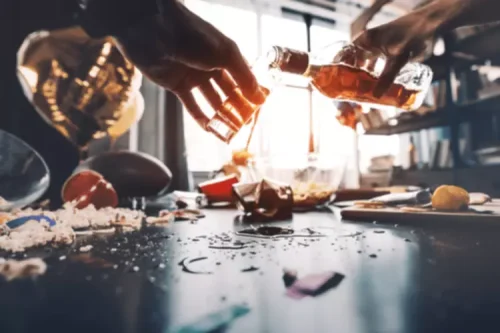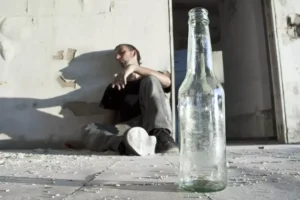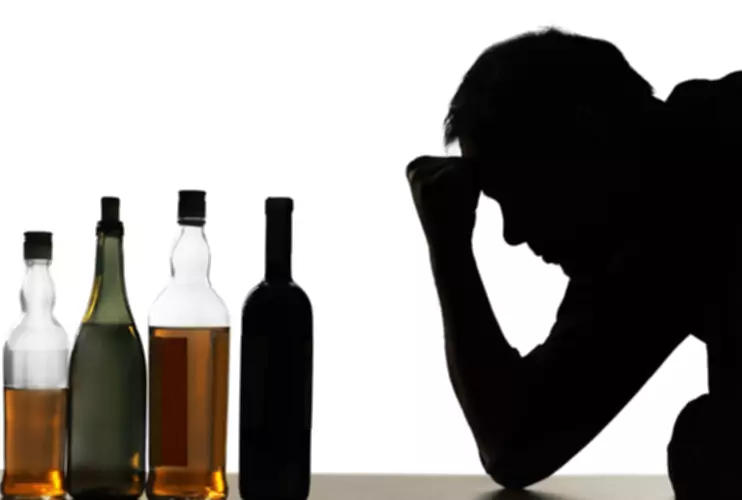
Individuals engage in the activity despite being aware of its potential negative consequences. They may take risks, disregard personal boundaries, or engage in dangerous behaviors while under the influence. In this stage, the individual’s ability to control their substance use or behavior becomes compromised. During this stage, individuals are curious and may engage in occasional use of a substance or behavior. They are often driven by external factors such as peer pressure or curiosity.
Development
6 or more could mean that you are suffering from a severe substance use disorder. For example, if you had been taking 10mg of a prescription drug, over time you might notice that in order to feel the way you used to feel when taking 10mg, you now have to take 15mg or 20mg. Find a brighter tomorrow by starting with our compassionate team of medical professionals and recovery specialists today.
- However, when addiction is diagnosed, it is possible to interrupt this cycle of addiction, abstinence, and relapse by getting professional treatment that is backed by research showing its ability to help.
- The addictive potential of some substances may be so strong that what seems to be an instant addiction may develop.
- Read, see friends, go to a movie, immerse yourself in a hobby, hike, or exercise.
- This stage is characterized by the person engaging in active thoughts about how to prevent a possible relapse.
What Is The Difference Between A Slip-Up And A Full-Blown Relapse?
Behavior therapy is often provided as part of a drug treatment program. Behavior therapy is a type of psychotherapy provided by a psychologist, psychiatrist, or alcohol and drug counselor. BetterHelp can connect you to an addiction and mental health counselor. The more risk factors someone has, the more likely drug use will result in addiction.
Body Scan Meditation
More and more people are learning that addiction is not a choice and that it is a disease. Unfortunately, there are still people out there that look at addiction as a character flaw and not as something that a person has to live with. Here at Intrepid Recover Center, not only will we help get you started on the path to recovery, but we’ll make sure that you stay on the right path every single step of the way. Join our supportive sober community where each day becomes a step towards personal growth and lasting positive change.
Choosing Drug Rehab and Addiction Treatment

Personal relationships are jeopardised or completely lost as a result of drug use. Addictive substances are first introduced to people in many different ways. Regardless of what exactly led to the first encounter, the Mayo Clinic describes several risk choose the correct cycle of addiction. factors that might lead someone to have a higher risk of addiction. These risk factors include depression, social issues and problems, enabling family members or peers, abuse or neglect, family history of substance abuse or other mental disorders.

Repeated visits to the emergency room due to drug-related complications are a glaring red flag for drug abuse. Whether it’s an overdose, an accident while under the influence, or another health crisis, frequent ER trips highlight the urgency to address the drug abuse issue. This phase involves the occasional use of substances to achieve a euphoric effect. In general, experiencing 2-3 of these symptoms is considered a mild substance use disorder. If the person is experiencing 6 or more of the symptoms, it is considered to indicate a severe substance use disorder, or addiction.


Professional help and rehabilitation programs often address these components to assist individuals in breaking the cycle of addiction. On the other hand, a full-blown relapse results in the resumption of active addiction behaviors, continued drug abuse, lack of awareness and denial, more https://ecosoberhouse.com/ severe consequences, and difficulty regaining sobriety. Despite the common belief that there are only casual users and full-blown addicts, addiction is a brain disease that occurs in stages. Each stage of addiction involves complex interactions between brain circuits and behaviors.
Relapse is defined to have occurred regardless of whether the addict attempted to stop the drug themselves before seeking treatment or enrolling in a treatment center. The stages of the addiction cycle are based on research from the Substance Abuse and Mental Health Services Administration (SAMSHA), which identified the areas of the brain where these stages occur. Like many chronic diseases, addiction doesn’t just develop in one day. When a person experiences withdrawal, the reward system in the basal ganglia shuts off.
Stage 1: Initial Use
- It’s important to note that someone can be dependent on a substance and not necessarily be suffering from addiction.
- Withdrawal reflects the body’s reliance on the drug to function normally and its struggle to recalibrate after the drug is removed.
- Breaking the addiction cycle is possible with the right support and resources.
- Having the right knowledge can provide the power needed to break the cycle of addiction.
- However, even though each phase may differ in its duration, they generally progress in a repetitive pattern until some form of treatment takes place to intervene and alleviate the addiction.
- These resources may include helplines, online forums, educational materials, and community organizations focused on addiction recovery.
These withdrawals may be so extreme you’re willing to do anything to obtain the substance. The fourth addiction stage differs from the abuse stage because the person typically realizes they have a substance problem at this point. Their addictive behaviors become so severe that they cannot function without their substance of choice. Alcohol or drug dependence is when an addict’s body needs the substance to function normally and avoid withdrawal symptoms. Addicts often experience significant changes in their lifestyle and personality to cater to drug or alcohol abuse.


